Greenwood: In Drug Pricing Debate, Politicians and Patients Are Not Talking About Same Price
Summary:
BIO CEO Jim Greenwood gave the following keynote address at the BIO 2019 International Convention today in Philadelphia, highlighting how politicians and patients are talking about different things when discussing drug costs in the United States and why represents a threat to transformative breakthroughs currently in the development pipeline.
Full Speech:
The patients you just saw have something in common with the city of Philadelphia: They’re fighters. So are we. More than ever before, our industry is taking on some of the toughest, deadliest diseases, and we’re helping patients beat them, one by one.
You just saw three examples of game-changing medicines developed by three game-changing biotechs. John Crowley of New Jersey started his first company to discover a treatment for the disease afflicting his own children. His latest company, Amicus, has done it once again – this time, with an oral therapeutic to treat Fabry Disease.
It's a great story. And it’s one of many. In Kendall Square in Boston is Alnylam. You know I never knew where they got that name. It turns out, Alnylam is the center and brightest star in Orion’s belt. This fast-growing biotech is delivering an entire new class of drugs using gene silencing to knock out rare disorders. With their first FDA approval last August, they’ve started with one of what we all expect will be many life-enhancing treatments using RNA interference.
For the last two years, Alnylam’s leader, John Maraganore, has also been our leader at BIO. Mr. Chairman, thank you for everything you do for patients — in Alnylam’s board room and in BIO's.
I was born and raised in the Philadelphia area, and so were my kids. We live down the road from here in Bucks County. I represented Bucks County for 12 years in Congress. As a local, I’m awed to see what Spark Therapeutics has done. They brought the first gene therapy for inherited disease across the FDA finish line, and now those two young men you just met can see their parents' faces and can smack a ball out of the park.
Our progress in the search for cures rests on the shoulders of many people. We are used to honoring scientists, doctors, entrepreneurs and patient advocates, but rarely do we think to pay tribute to individuals who have lost their lives in this search.
One of them was Jesse Gelsinger. He died twenty years ago at the age of 18 during an experimental trial here in Philadelphia. It practically stopped gene therapy in its tracks. His untimely death forced our industry to wrestle with a range of serious ethical and scientific issues. From what constitutes true informed consent to how we balance the risks and potential benefits of a transformative technology still in its infancy.
In the two decades since Jesse died, we’ve learned more about human DNA than we had in the previous three centuries. Jesse’s tragic passing spurred scientists to seek a deeper understanding of the immune system and the viruses that can outsmart it.
Twenty years after we lost Jesse in Philadelphia, it’s fitting that gene therapy is making its comeback right here in this city. As you saw in the video, Spark’s breakthrough is restoring and preserving vision in patients who would otherwise go blind Many in this town share credit for this historic achievement, including the brilliant researchers and doctors at the Children’s Hospital of Philadelphia.
But this morning, I think there are two more names that should go down in the annals of medical history. They are, in the most literal sense, “visionaries.” They represent what’s possible when a brilliant scientist partners with a first-class business mind, and then they lead a team that can work miracles. For their tireless commitment on behalf of patients, we honor Spark’s co-founders, Philadelphia’s very own Katherine High and Jeffrey Marrazzo.
It’s not just here in downtown Philadelphia where cell and gene therapy are taking off. It’s happening across the border in New Jersey and throughout this biotech hub and in Boston, California and beyond. They call San Francisco the Silicon Valley, and now a growing community of genetic researchers has begun to gather here in the East, transforming the Delaware Valley.
They come in the spirit of discovery to a city known for revolutions to deliver a revolution in medicine, and now we call Philadelphia Cellicone valley: home to some of the most revolutionary cell and gene therapy innovation happening anywhere in the world.
The world is beginning to grasp that we’ve entered the dawn of a golden age of medicine. It’s an age of hope. It’s an age of possibility. And it’s an age of healing. No disease will escape our scientists anymore. None. It's not just big pharma companies filling the FDA pipeline. It's actually small and emerging biotech companies driving nearly four in five drug programs through the clinic today. And what’s coming out of their labs in terms of genomic breakthroughs is like nothing we’ve ever seen before.
Last year, then-FDA Commissioner Scott Gottlieb predicted 40 U.S. gene therapy approvals by 2022, and the pace is only going to accelerate. What does this mean? It means that if we think of genetic diseases as dominos. If we consider the inherited conditions with gene therapies in late stage clinical trials – diseases that have bedeviled the human race throughout our history – we can imagine a future when the dominos will soon start to fall.
This might be our future. But there's no guarantee. Every story has an antagonist. Ours has more than a few. Many politicians in Washington are well-intentioned in their efforts to lower drug costs, but the policy choices they make will determine everything: whether that bright future comes or whether it doesn’t.
The confounding thing about the drug pricing debate is that patients and politicians aren’t talking about the same price. Patients want their out-of-pocket costs lowered. They care about what they have to pay at the pharmacy counter. Many of the policies being debated now won't make a significant difference in what patients pay out of their own pocket.
Let me tell you why. Half of employer-provided health insurance policies today come with high deductibles. If your policy has a $3,000 deductible and you need a $10,000 medicine, you're going to have to pay $3,000. Now even if government price controls could cut the price of that drug in half to $5,000, the patient would still have to come up with $3,000.
Government price controls might help insurance companies, but they wouldn’t do much for patients. And if the politicians decide to replace the market’s judgment of what a cure is worth to a patient with the government’s arbitrary judgment of what that cure is worth, you can take this to the bank: Our investors will put their money somewhere else, and the cell and gene therapy revolution will be stopped dead in its tracks. That would be a crime
America should not pursue the European model, as President Trump has proposed. The President can’t have it both ways. He can’t rail against socialized medicine and then import socialized medicine prices. There’s a reason why more than half of the world’s new drugs are innovated here in the United States. Our market-based system finances a remarkable amount of world-class scientific research. Countries that don't appreciate these capital requirements produce a tiny fraction of the breakthroughs that we do.
This is a tough business. Nine out of ten times we fail. Risky ventures like ours require sophisticated investors who can anticipate a fair return when they team up with the best companies. That’s why we’re fighting as hard as we can against populist movements – on the political left and right – that we know will scare our investors away and kill innovation in the cradle. As former FDA Commissioner Scott Gottlieb says, “A therapy that can cure disease in a single treatment isn’t a unit of drug. It’s a public health solution.”
We want Congress to pass patient-first policies that lower patients’ out-of-pocket costs. Our companies have an ethical and financial responsibility to get patients the medicines they need. This is our moral duty and we accept it.
I remember the last time we were at a moment like this. A time when what happened in Washington D.C. determined whether millions of people would be able to access their medicines. I remember because I was in Congress and in the middle of it.
It was 2003 and we were debating giving seniors drug coverage under Medicare. Liberals didn’t like that the compromise proposal wasn’t a government-run plan; it harnessed market forces. Conservatives didn’t like it because it was a costly new entitlement. People said there was no way to thread the needle.
Every past effort to create a Medicare prescription drug program had failed, and it looked like our effort was about to go down in flames, too. We didn’t have the votes, but we put the bill on the floor anyway. The vote started at 3 a.m. The Majority Whip began to work over the holdouts, one by one. When we finally got the last vote we needed, it was 6 in the morning. We made history so seniors and disabled people could finally get their medications, live longer and suffer less.
There was only one rub: To get the fiscal conservatives on board, we had to require that beneficiaries have "skin in the game." Today, there are 45 million seniors on Medicare, and more than a million are forced to pay more than $3,000 a year out of pocket. Some pay far more: $5,000, $10,000, $15,000.
The income of the typical Medicare household is $29,000. Forcing the elderly and the disabled to pay more than they can afford is just wrong. It’s too much skin, and this isn’t a game. We need to cap all seniors’ out-of-pocket drug costs at a reasonable level. BIO is working with our allies on Capitol Hill, and we’re making progress in both parties in the House and in the Senate to get this done in a difficult political climate.
The companies and the patients we've met today aren't going to quit, and we at BIO won’t quit either. Not until we beat back the efforts of politicians and polices that would destroy innovation…. Not until we make sure that every patient can afford the medicine they need… Not until we repudiate our critics, restore our reputation, and deliver the world a new generation of cures.
We've taken a lot of blows lately. But as the great Philadelphia philosopher, Rocky Balboa once said, "It ain't how hard you hit, it's about how hard you can get hit and keep moving forward." And with you in our corner, we are going to keep moving forward. Thank you.



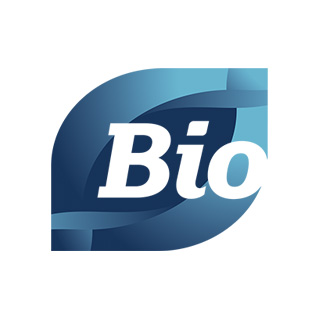

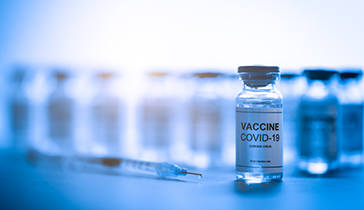

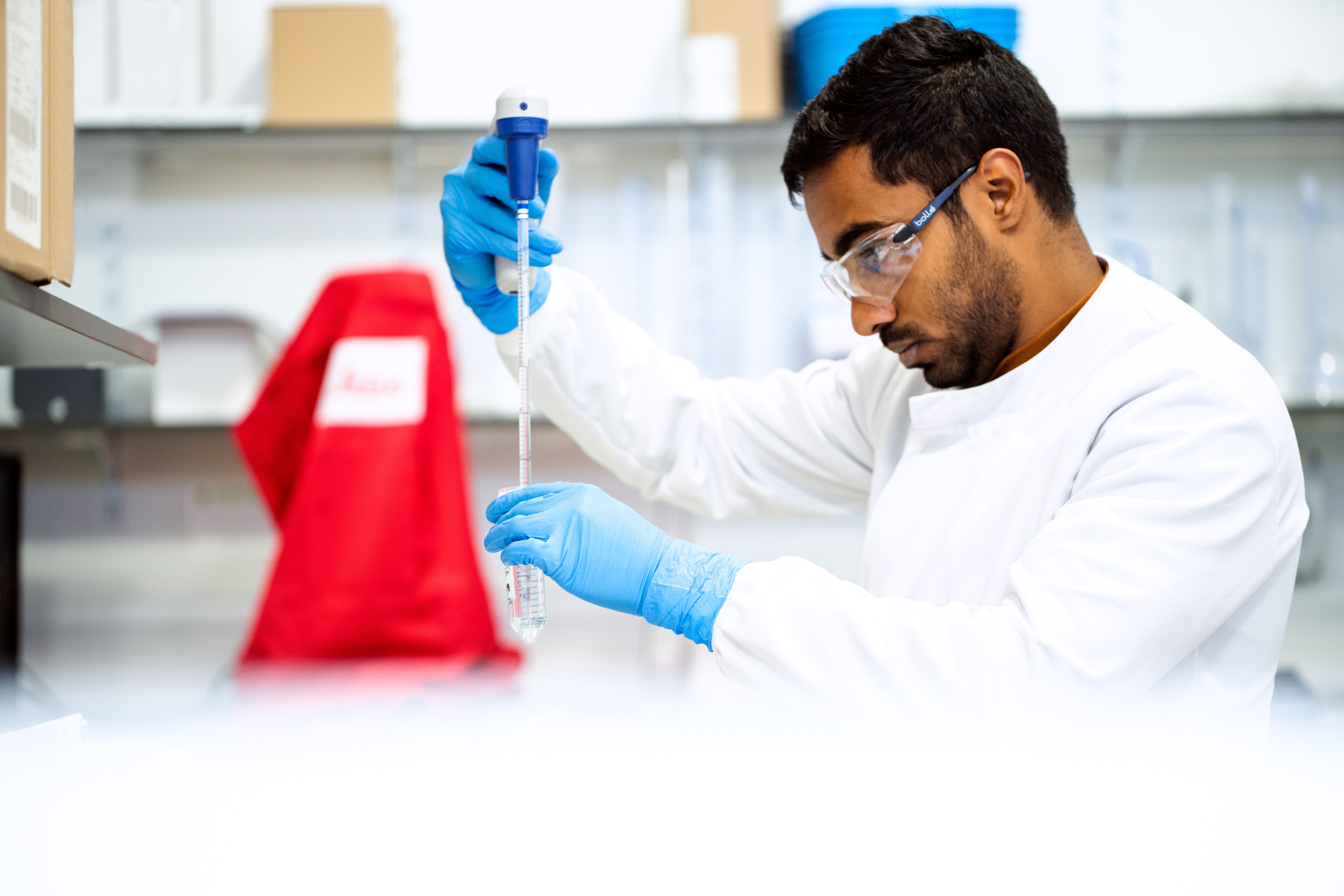

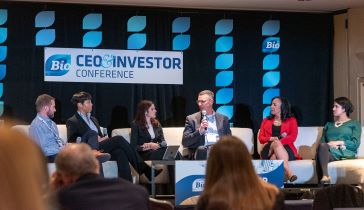

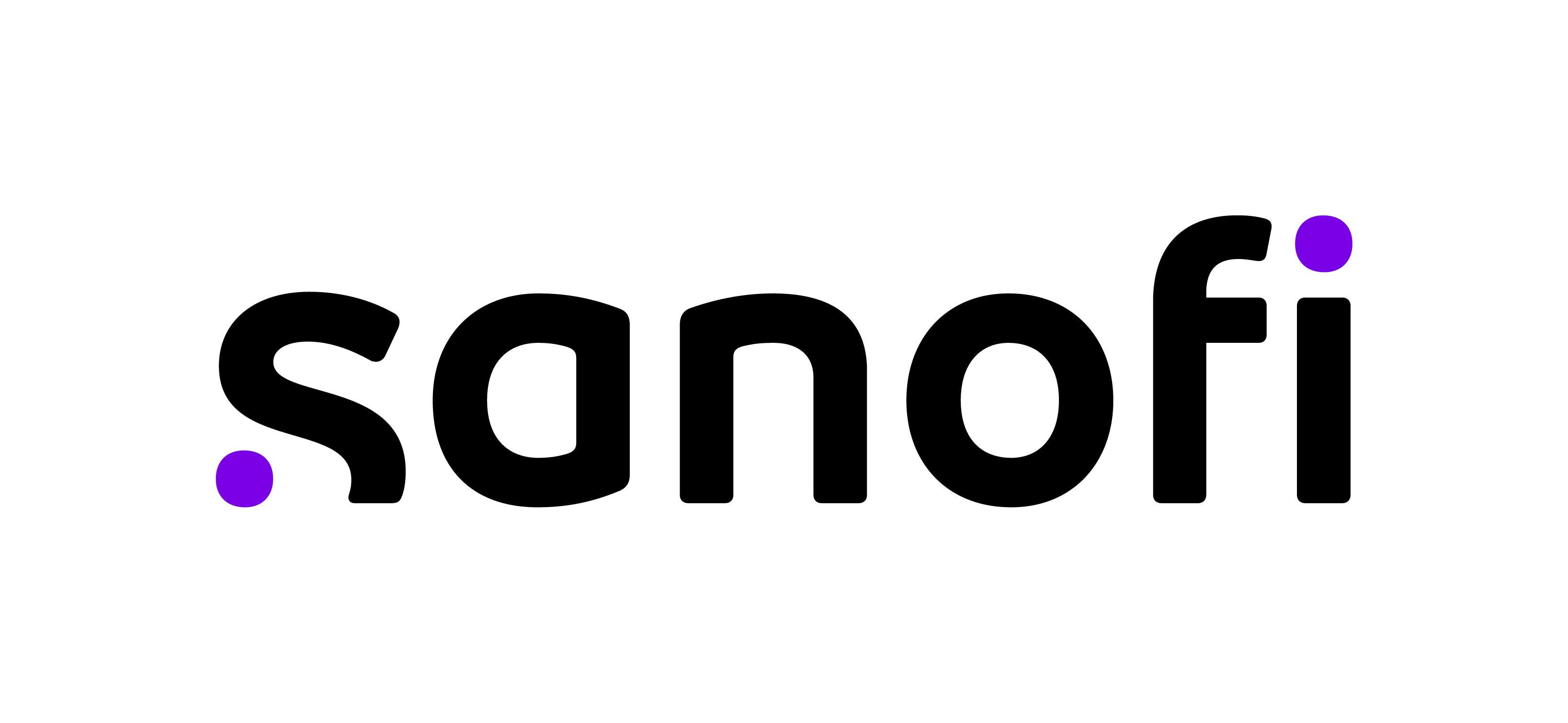






.png)


